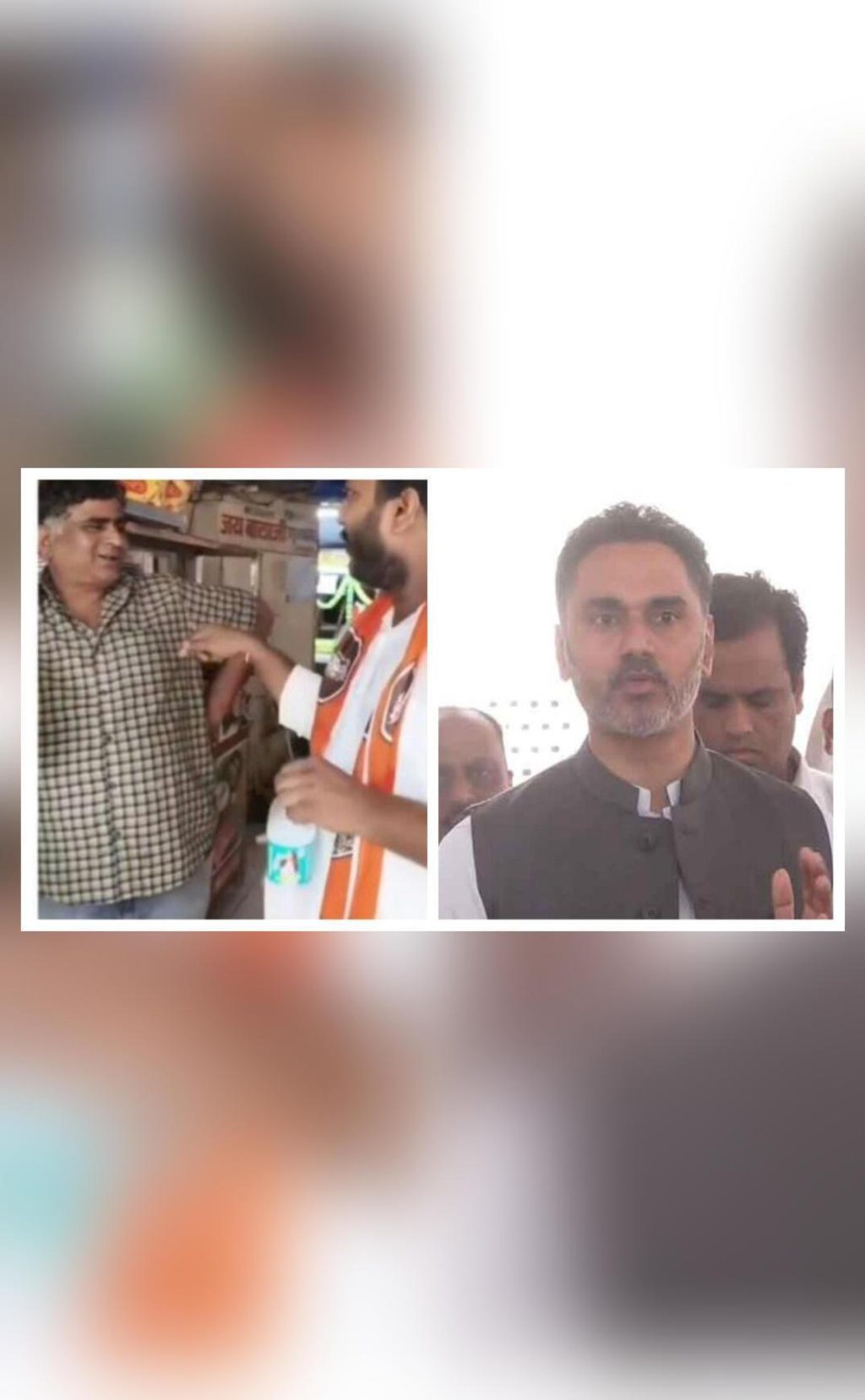
Have to speak Marathi: Maha minister on Thane man being beaten
In a recent incident that has sparked outrage in Maharashtra, a Thane-based eatery owner was brutally beaten by a group of people for allegedly refusing to speak in Marathi. The incident has once again raised questions about the growing intolerance towards those who do not speak the official language of the state. In response to the incident, Maharashtra Minister Yogesh Kadam has made a statement that has sparked further debate, saying that a person has to speak in Marathi in the state.
According to reports, the eatery owner was attacked by a group of people who were unhappy with his refusal to speak in Marathi. The incident has been widely condemned by locals and officials alike, with many calling for the perpetrators to be brought to justice. However, in a statement that has been met with both support and criticism, Minister Kadam has said that people who do not know Marathi should not have an attitude that they will not speak the language.
Kadam’s statement has sparked a heated debate about the importance of speaking Marathi in Maharashtra. While some have applauded the minister’s stance, others have criticized him for promoting a culture of intolerance and encouraging the use of violence to enforce language norms.
It is worth noting that speaking Marathi is not a requirement in Maharashtra, and the state’s official language is actually a constitutional provision that recognizes both Marathi and Hindi as official languages. However, Marathi is widely spoken and is an important part of the state’s cultural identity.
The incident in Thane is not an isolated one. There have been several reports of people being attacked or harassed for not speaking Marathi in recent years. In 2018, a group of students were beaten up by their classmates for not speaking Marathi in a school in Nashik. In another incident, a man was attacked by a group of people in Pune for speaking in English at a bus stop.
These incidents have raised concerns about the growing intolerance towards those who do not speak Marathi, and the need for greater cultural sensitivity and understanding. While it is important to promote and preserve the cultural heritage of Maharashtra, it is equally important to ensure that all citizens feel welcome and included in the state, regardless of their language or cultural background.
In the wake of the Thane incident, the police have launched an investigation and have arrested several people in connection with the attack. The police have also filed a case against the perpetrators and have promised to take strict action against them.
The incident has also sparked a debate about the role of language in promoting social harmony. While some have argued that speaking a common language can help to bring people together and promote social cohesion, others have argued that it is not the only factor that contributes to social harmony.
In conclusion, the incident in Thane highlights the need for greater cultural sensitivity and understanding in Maharashtra. While it is important to promote and preserve the cultural heritage of the state, it is equally important to ensure that all citizens feel welcome and included, regardless of their language or cultural background. The minister’s statement has sparked a heated debate about the importance of speaking Marathi, but it is clear that the issue is more complex than a simple requirement to speak a language.






